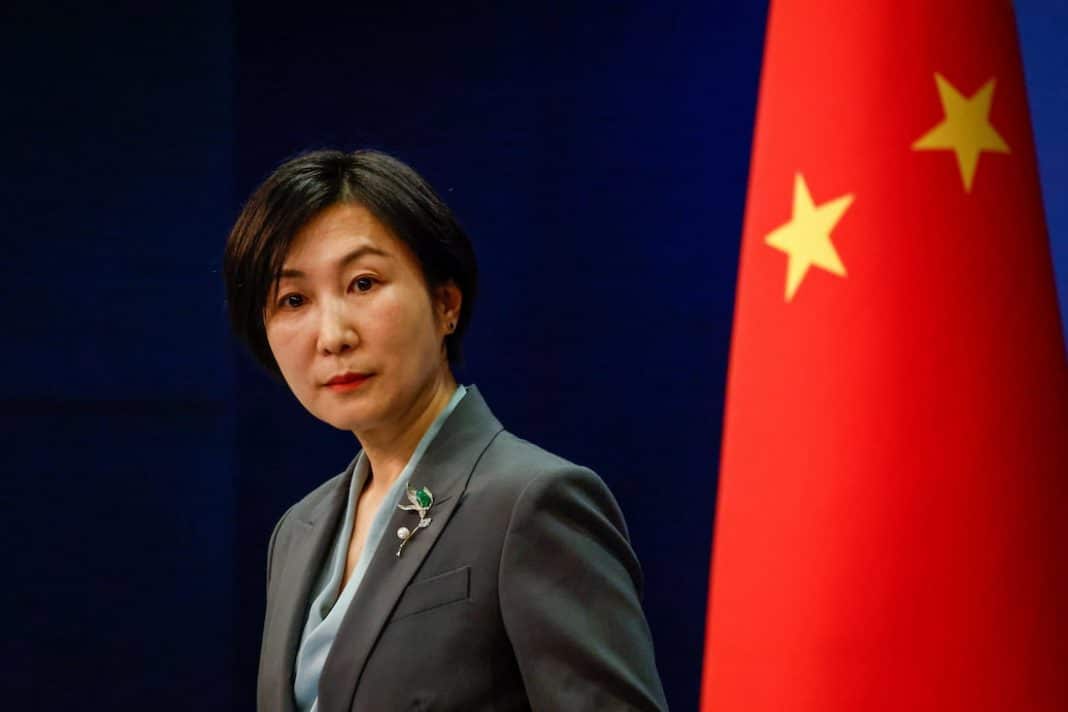China has hit back at Australia’s unveiling of a defence force revamp, saying it’s striving for a peaceful region.
Beijing’s foreign ministry spokeswoman Mao Ning said China’s unprecedented military build-up policy is “defensive in nature”, when asked about Australia’s new posture towards long-range strike power.
“We are committed to maintaining peace and stability in the Asia-Pacific and the whole world,” she said following the announcement on Monday.
“We do not pose any challenge to any country. We hope relevant countries will not hype up the so-called China threat narrative.”
Australia’s prime minister and defence minister released a declassified version of a review into the defence force on Monday.
The independent review named competition between China and the United States as a potential source of conflict in the region.
“China’s military build-up is now the largest and most ambitious of any country since the end of the Second World War,” the review states.
“This build-up is occurring without transparency or reassurance to the Indo-Pacific region of China’s strategic intent.
“China’s assertion of sovereignty over the South China Sea threatens the global rules-based order in the Indo-Pacific in a way that adversely impacts Australia’s national interest.”
One of the five main tasks handed to the defence force following the review is to protect Australia’s economic connection to the world, which includes maritime trade routes, and the rules-based order.
The defence force pivot is underpinned by the need for Australia to be able to strike and deter enemies further away from home.
The government is seeking to acquire more long-range missiles and nuclear-powered submarines, which can stay underwater for longer than its diesel fleet.
“The Australian Defence Force must be able to hold an adversary at risk further from our shores,” Defence Minister Richard Marles said in his response to the review.
“We aim to change the calculus so no potential aggressor can ever conclude that the benefits of conflict outweigh the risks.”
But Mr Marles said Australia’s new posture was about regional security.
“The defence of Australia doesn’t really mean much unless we have the collective security of the region in which we live because so much harm can be done to Australia before you ever put a foot upon our shores,” he told the ABC’s 7:30 program.
But while acknowledging that China was going through an unprecedented military build-up, he said that wasn’t the sole reason underpinning the security pivot.
“It’s far from the only factor here,” he said.
“It’s about being able to have an ability to project in order to provide for the collective security of our region.”
By Dominic Giannini in Canberra



